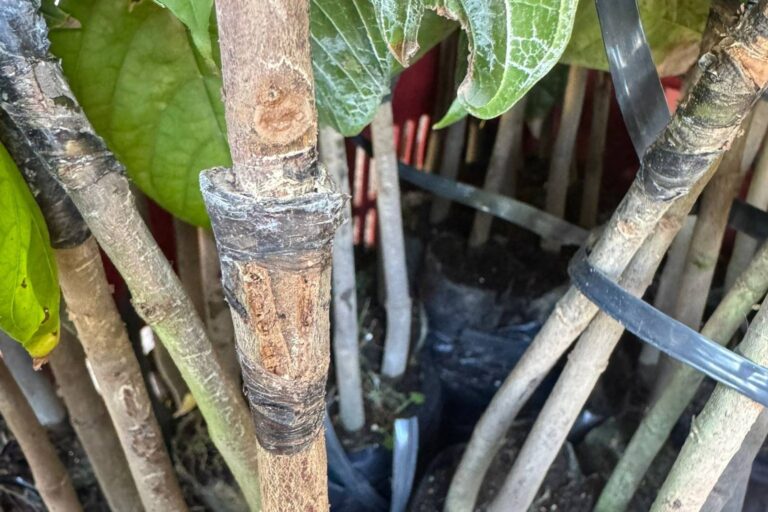
Cloning and Grafting Cacao: Innovative Approaches to Cacao Farming
As we continue to improve the farming of cacao, we are taking advantage of proven techniques for cloning and grafting plants to maintain healthy trees and a robust consistent crop.
Via Verde is Now Peirot. Read the Announcement.
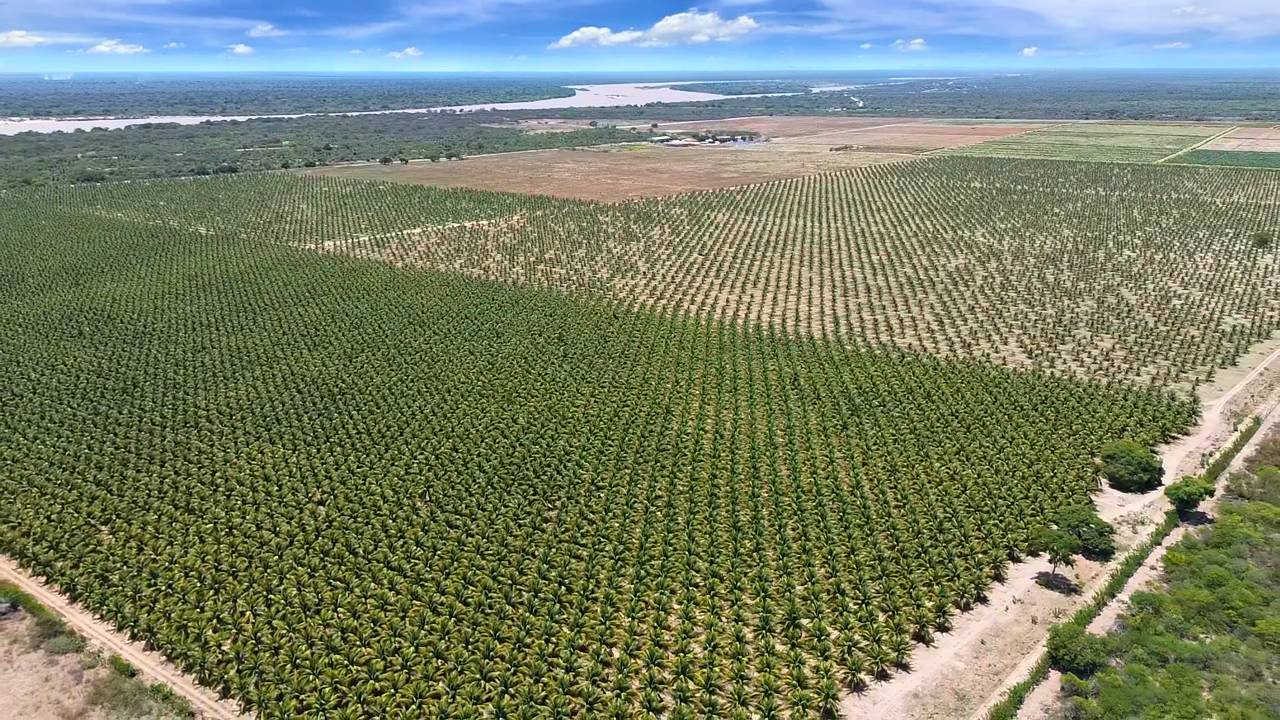

Solar power is the main source of energy for our sustainable farm.
Located near the equator, in western Bahia, Brazil we receive some of the highest amounts of solar radiation in the world.
Plenty of sun is great for our tropical crops, and it's also great for generating electricity.
In addition to powering our farm, we're developing partnerships to sell electricity back to the grid. We're partnering with companies using the latest innovations in agrivoltaics, including solar panels that allow light to pass through to crops below.

We use intelligent irrigation systems which automatically adjust to crop and weather conditions to minimize water use.
Solar power plays a big role in our water use as well. Although we are located in a semi-arid area, we are surrounded by abundant water sources from the São Francisco River and Rio Grande.
Solar-powered irrigation unlocks the potential of these water sources, giving us the freedom to plant where we want and transforming our land into a fertile area for growth.
For plots of land that are further from the rivers, we will explore the use of wells which require less power to operate compared to pumping over long distances.

We preserve the health of our soil, crops and the local environment by using organic and earth-friendly fertilizers with other precision farming methods.
Whenever possible, we use organic fertilizers, reusing biodegradable materials from our processes and nearby farms. Our natural fertilizers include coconut husks that provide moisture retention for our cacao plants and goat manure from local farms which provides a sustainable way to support the local community.
To supplement and improve the nutrients in the soil, we use earth-friendly fertilizers that are sustainable and cause less harm to the environment compared to traditional chemical fertilizers.

We use Integrated Pest Management (IPM) to protect our crops from pests.
This comprehensive, environmentally sensitive method is an innovative approach to managing pests while reducing environmental impacts and costs.
Rather than relying solely on chemical controls, IPM uses various methods to control pests including mechanical, cultural and biological techniques.
By using IPM, we also allow the plants to develop and maintain their own natural defenses, ultimately leading to healthier and more robust crops.

We have the resources to scale with your demand.
We protect the environment and our local community.

We use the latest agriscience and technology.
Our farm is ideally situated to reap bountiful harvests.
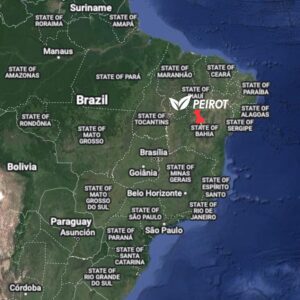
The country of Brazil provides a stable infrastructure to develop new projects.
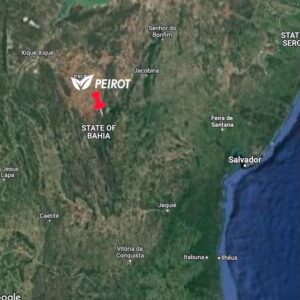
The state of Bahia is a powerhouse agricultural region recognized worldwide for its output.
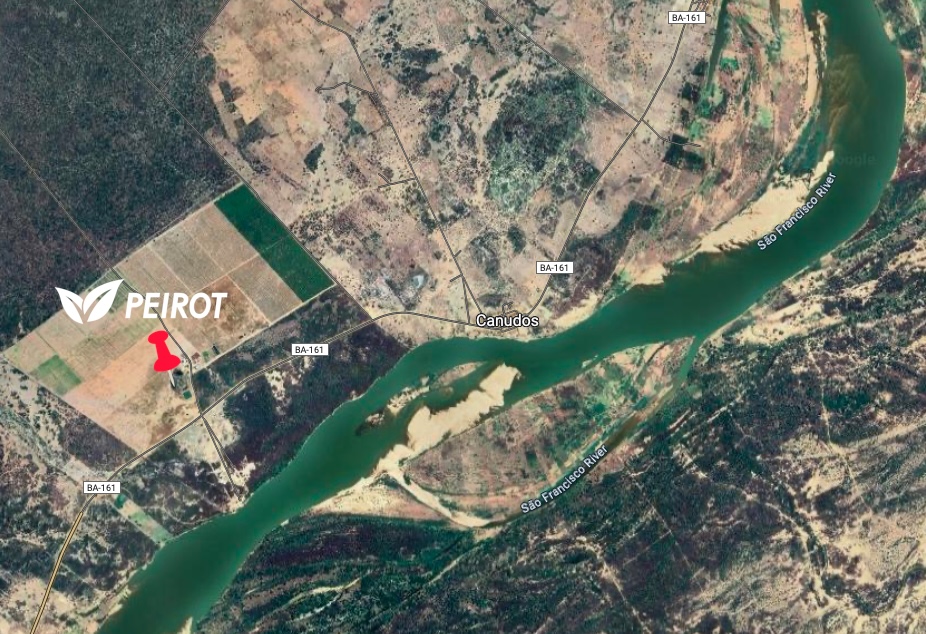
The local land in Barra offers abundant water sources and beneficial partnerships with local vendors.
Climate change and logistics challenges have led to greater food insecurity. As the world’s population continues to grow, sustainable agriculture is more important than ever.
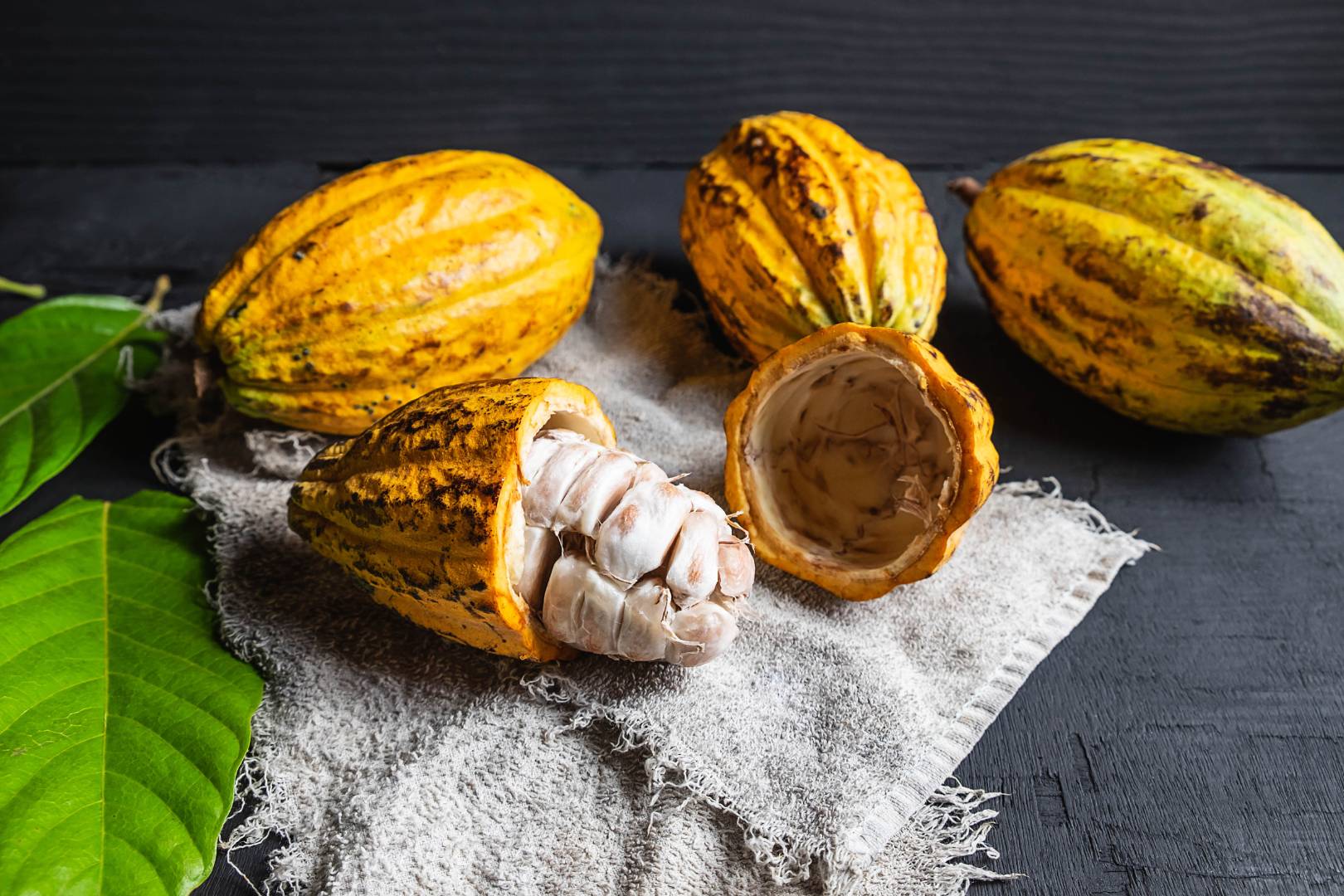
The heart of our venture, our cacao trees produce premium cocoa, nurturing the environment and sweet cravings of people around the world.
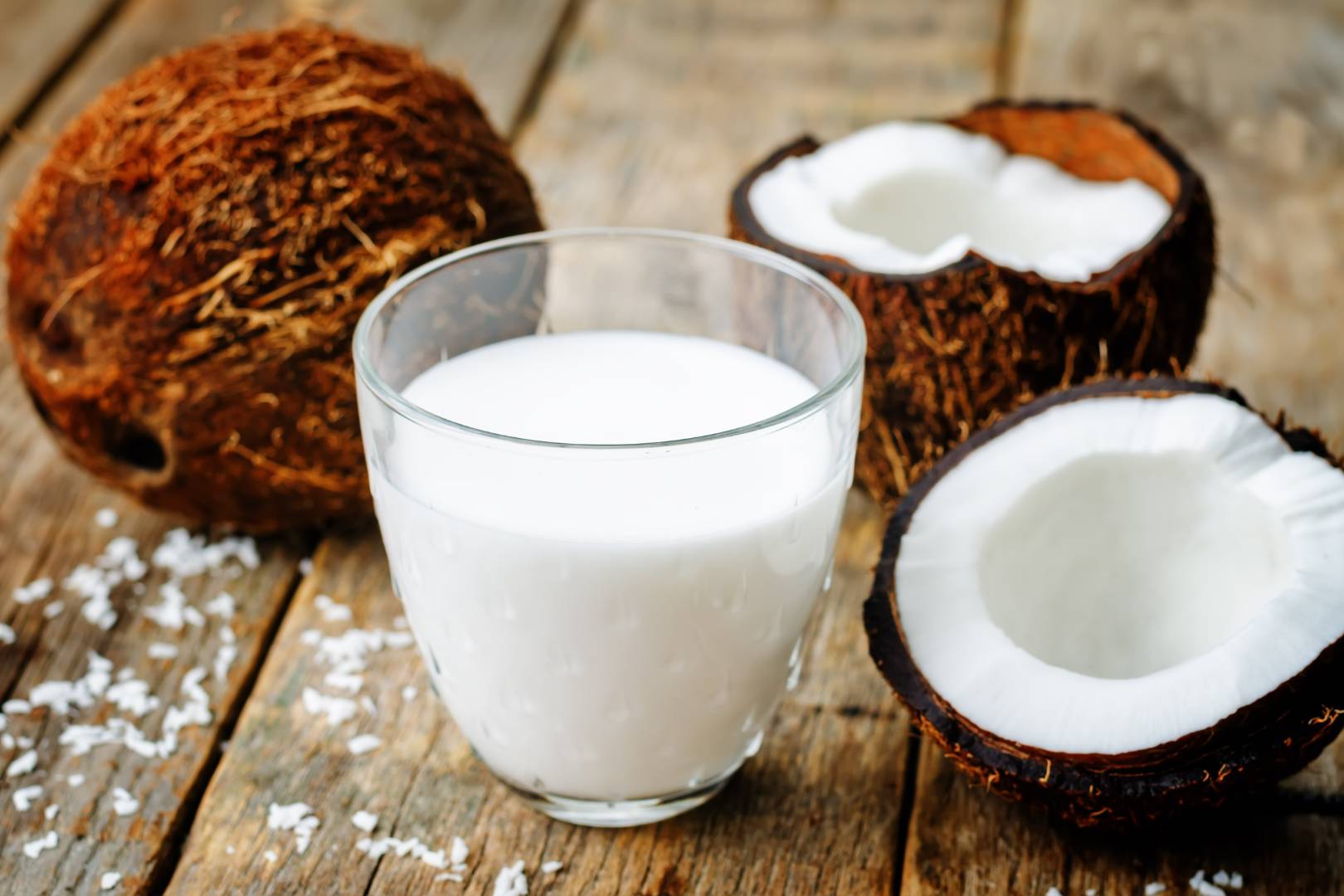
Our sustainably grown coconuts yield tropical bliss with their versatile applications, from refreshing coconut water to luscious coconut oil.

As we continue to improve the farming of cacao, we are taking advantage of proven techniques for cloning and grafting plants to maintain healthy trees and a robust consistent crop.
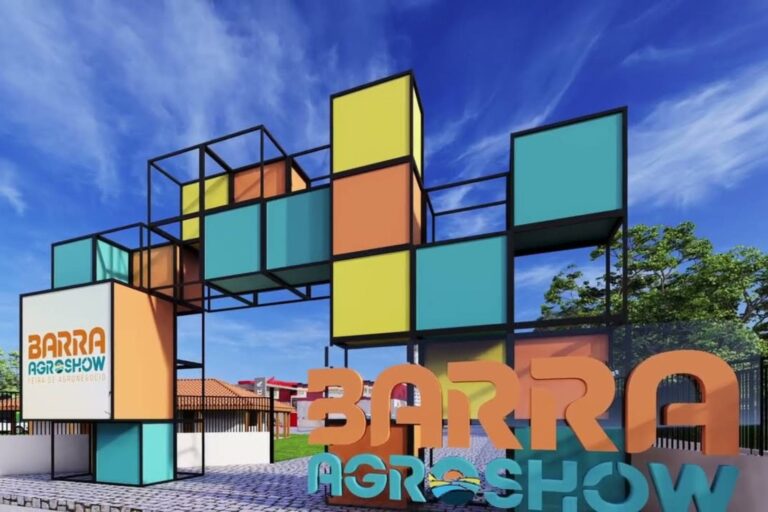
The Barra AgroShow 2025 was more than an exhibition — it was a celebration of progress, people, and partnership.
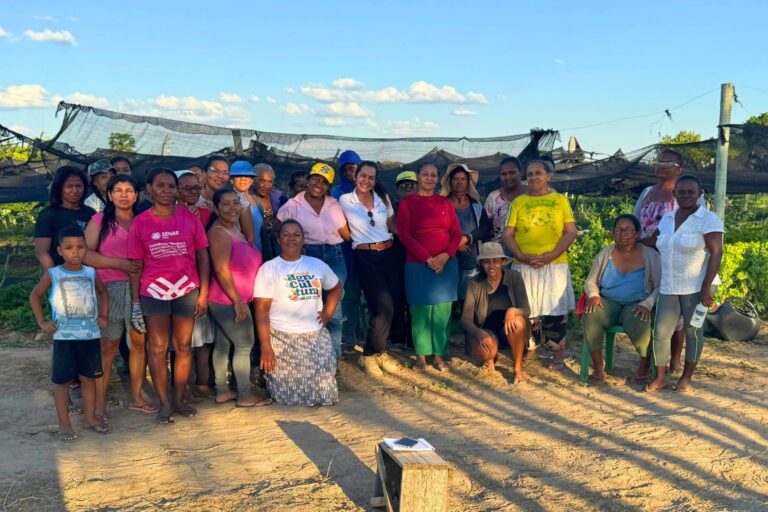
SPR Barra and Peirot are teaming up to help women in cacao farming in rural Brazil.